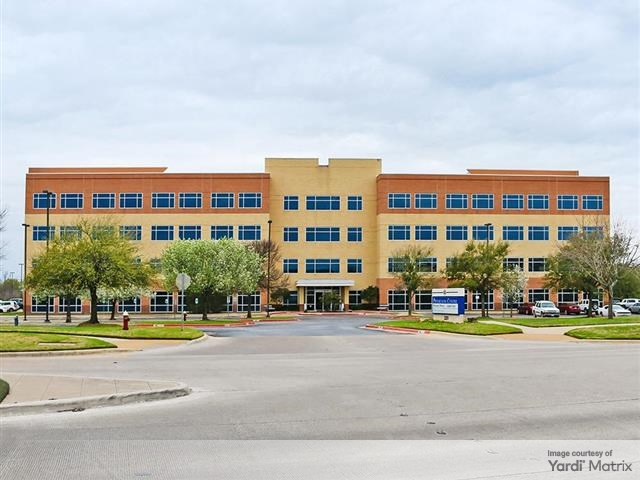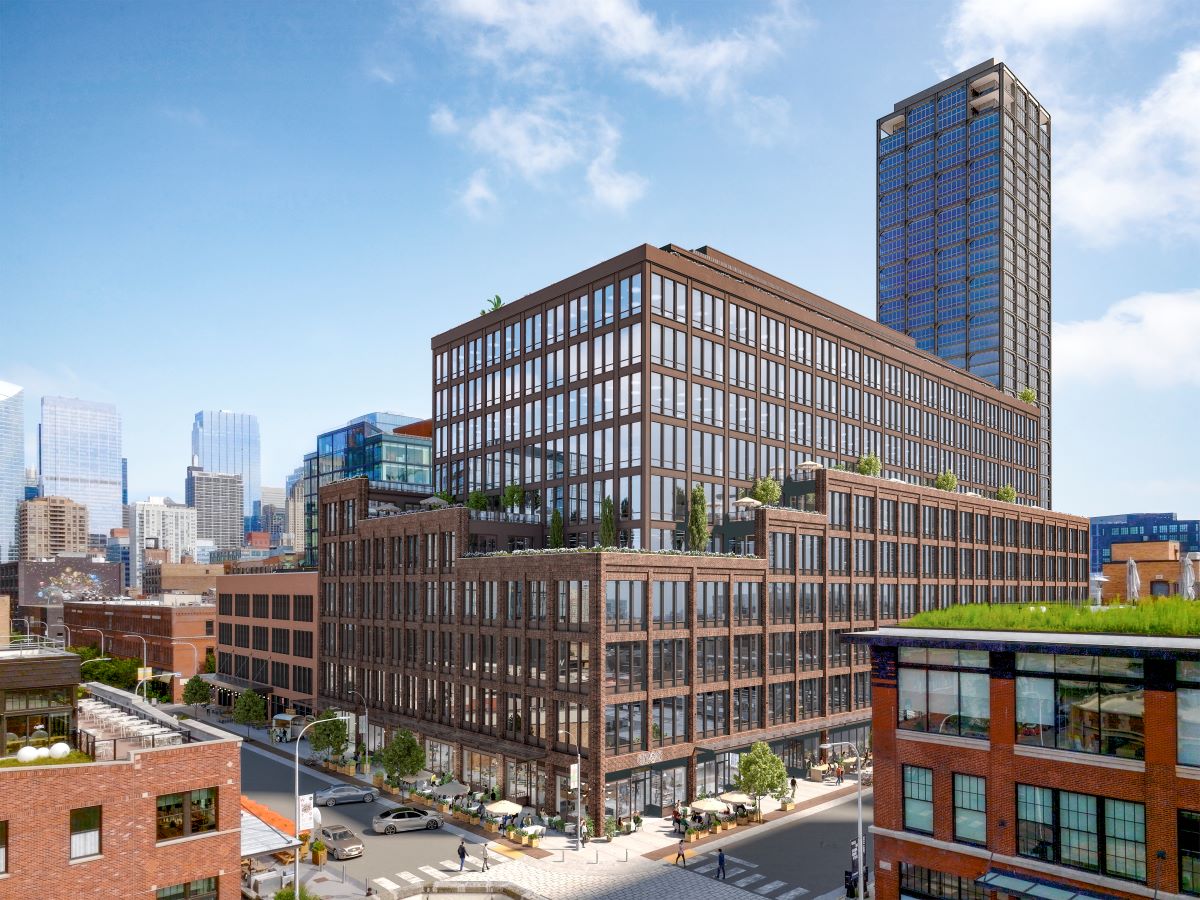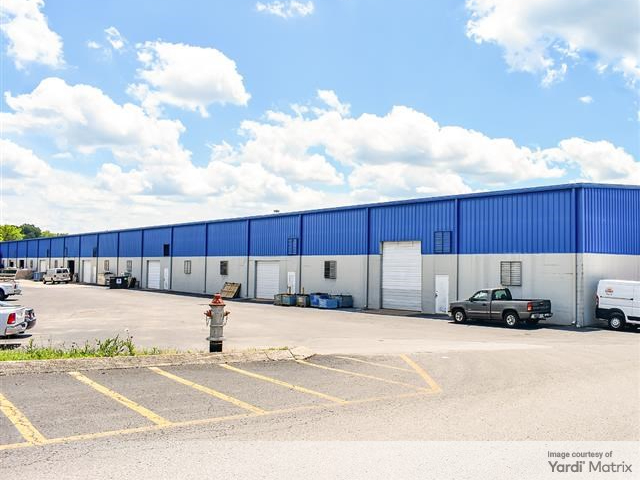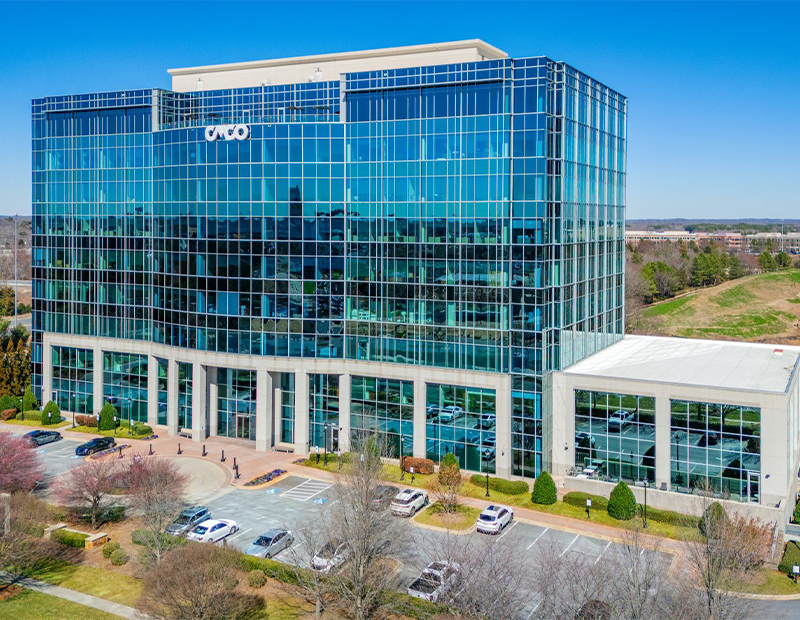Lending a Hand to Small, Midsize Businesses: Q&A
Ed Muna talks about the reasons behind founding National Lease Advisors and the tailored business model companies can benefit from.
Global brokerage firms are traditionally targeting large lease administration clients with a footprint exceeding 1,000 locations, creating a gap in the industry in which small to midsize businesses are overlooked. As a result, smaller businesses find themselves unable to power through accordingly. Ed Muna founded National Lease Advisors with the intention of filling this gap by delivering customized services directly to these specific tenants, which have been disproportionately impacted by the pandemic.
Muna has more than 30 years of commercial real estate experience. He has worked on both the landlord and the tenant side, overseeing the leasing, management and accounting of millions of square feet of commercial space. In an interview with Commercial Property Executive, the real estate veteran talked about the way his tenure contributed to National Lease Advisors’ creation. He also elaborated on this new business model and the role his company—founded in September 2020—plays in the bigger picture.
READ ALSO: Easing the Stress for Owners and Tenants
What prompted you to launch National Lease Advisors?
Muna: I saw an opportunity to fill a gap in the commercial real estate industry that wasn’t adequately being served. NLA’s primary service is helping multi-location companies manage their lease obligations. While this service is offered by the global commercial real estate firms, it is secondary to their brokerage service and only targeted to their largest clients. At NLA, our sweet spot will be working directly with companies that have under 100 locations. We will also be partnering with brokers throughout the U.S. to support their clients.
In which way has your 30-year commercial real estate experience shaped the company’s direction?
Muna: I am combining 20 years of exclusive landlord representation with nine years of exclusive tenant representation in order to give our clients a level of support and knowledge resulting from having worked both sides of the table. When representing our clients, I know how to deal with landlords since I also understand their goals and perspectives.
What are the services National Lease Advisors provides?
Muna: We help companies with multiple locations manage their lease obligations. This centers around our lease administration service and extends into lease audits, lease accounting and transactions. Lease administration involves managing the contracts and drilling into key provisions to ensure critical data points are not missed.
Tell us more about National Lease Advisor’s business model and the other parties involved in this new model for lease advisory.
Muna: We have taken a service—lease administration—traditionally secondary or not even offered by commercial real estate firms and made it our top priority. We are also filling a niche, at the same time avoiding competition with global firms, which provide lease administration but typically limit this service to their largest clients. Think Fortune 500 companies.
Regarding the parties involved, this is where our model is unique. Because we are not competing with commercial real estate brokers for a transaction, we are able to partner with them to serve their clients and help them grow their business.
READ ALSO: Office Lease Resolution Strategies for a COVID-19 World
COVID-19 is known to affect small and midsize companies most. What are the biggest challenges these businesses are facing as the pandemic continues to unfold?
Muna: The challenges vary by industry and space use. For some, such as retailers, the biggest challenge is just to survive until their customer base returns to the pre-COVID-19 levels. Real estate plays a big part in this survival. While employment levels are something that can be controlled, a lease obligation remains regardless of whether they are open for business or not. It is sad to see how many retailers are throwing in the towel, and I am afraid it will get much worse if their landlords do not work with them to get through this.
For businesses that utilize office space, the vast majority seem to be fine and surviving with the need to work from home. I think the biggest question they are facing when it comes to real estate is how much space they will need going forward. Some have already determined they can survive with a smaller footprint and by trying to sublease their space. As a result, we are seeing historically high sublease inventory numbers across the globe.
For those with leases expiring in the next 24 months, I would say the majority will take the opportunity to downsize where possible. The result will be an increase in supply, which will of course result in an improvement in concession packages for tenants.
The third sector, industrial users, seems to be holding up the best. I wouldn’t say their business has been immune to the recession, but demand for industrial space has remained steady. This could be the result of e-commerce and supply chain demand filling in or exceeding any reduction in demand that more traditional users might be seeing.
How can real estate service providers such as National Lease Advisors help them survive the pandemic?
Muna: We are helping companies get their arms around their real estate obligations and identify where opportunities exist to improve the situation. This is based on a combination of the remaining lease term and the specific circumstances surrounding the market and property. While everyone would like to look at every lease as being negotiable, the reality is the situation can vary from location to location. It is not all about the remaining term.
We are also reaching out to landlords on behalf of our clients. Having been on the landlord side during the first half of my career, I also understand the impact this has on them.
How do you think the leasing model and process has changed since the start of the pandemic?
Muna: The biggest change brought on by the pandemic is the mindset of the decision-makers. A year ago, the economy was in a historic growth mode and most businesses were planning for a bright future. This meant finding space that could accommodate that growth and properties that provided the best experience attracting and retaining employees, such as amenities and shared common facilities.
While employee experience will always be important, I think economics and flexibility are now near the top of the list when it comes to lease priorities. Specifically, and because of the near-term uncertainty, I expect we will see companies minimize the lease term when possible. For a business looking at a renewal, the shorter they can extend, the better. While everyone hopes for “normal” to return in a couple of years, the long-term impact of this recession is unknown.
How do you think the small-to-midsize business sector will evolve going forward?
Muna: From a leasing perspective, I think there will be a more conservative mindset and a lot of rightsizing in the coming years. Whether this is due to embracing some form of long-term work-from-home or needing to adjust for the impact of this recession, many companies will focus on reducing their occupancy costs.
On the subject of work-from-home and its impact on the industry, I do think this forced experiment will result in some permanent adoption, but not to the extent that some predict. At the end of the day, most employees are more productive working in the office and collaborating with colleagues. We have also looked at the numbers and it is not hard to conclude that any saving gained by reducing an office footprint would be outweighed by the lost productivity of an employee working in less than ideal conditions at home.








You must be logged in to post a comment.